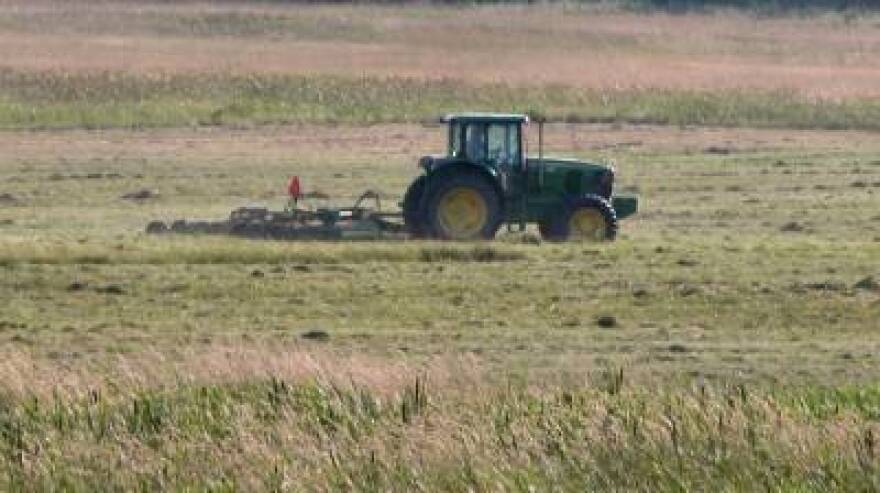The Vermont Department of Agriculture has announced a series of public hearings on the final draft of new agricultural rules designed to protect water quality.
Last June, the legislature passed the Vermont Clean Water Act, requiring voluntary water quality practices become mandatory and more stringent. The Agency of Agriculture filed its final draft on May 16th.
Public hearings on theRequired Agricultural Practices proposed rules begin June 21st in St. Albans, and then move to Brandon, South Royalton, Manchester Center, Newport and Brattleboro through June 29th.
Agency of Agriculture Senior Ag Development Coordinator Ryan Patch explains that Act 64 laid out specific requirements for the new agency rules. “It changed from the accepted ag practices, which were the rules that have been on the books for 20 years for farms of all sizes, and they set out a number of baseline requirements. Some of those include the creation of a new small farm certification program. And so we’re looking for feedback from farmers about thresholds that the agency has proposed as well as additional requirements around buffer widths, cover cropping on flood plains, as well as manure spreading restrictions on flood plains.”
Rural Vermont Executive Director Andrea Stander is glad that the drafts have progressively excluded many of her smaller member farmers from some of the more demanding requirements. “One of the big things that we've been stressing from the beginning is that it's kind of a wrongheaded approach to be focused just on amount of acreage and number of animals, which is what the agency has tended to use as the metrics for defining which farms fall into which categories of regulation. We feel that really the focus needs to be on practices: what kind of agricultural practices are farms using in terms of their relative impact on water quality. You know best example is you could have two farms that have exactly the same acreage and the same number of animals and depending on how you're managing that farm, you could be having a big impact on water quality or virtually none.”
Stander says this is the biggest change in agricultural policy in Vermont in decades and credits the agriculture agency for its extended public process. While she doubts the latest round of public hearings will result in dramatic changes, she hopes it stimulates a move toward regenerative agriculture. “This is an idea or a name that came out of the Paris climate talks and it is agricultural practices that are really oriented around building the health of the soil as a linchpin to all sorts of other positive environmental effects like water quality. Really healthy soil that has lots of organic matter is going to retain water better and so you're going to get less runoff and you're going to get less pollution. These are not new things. These are old things that kind of fell out of favor with the rise of industrial agriculture. So we're talking about cover cropping, rotational crops, rotational grazing.”
Written comments may be submitted until July 7th.






